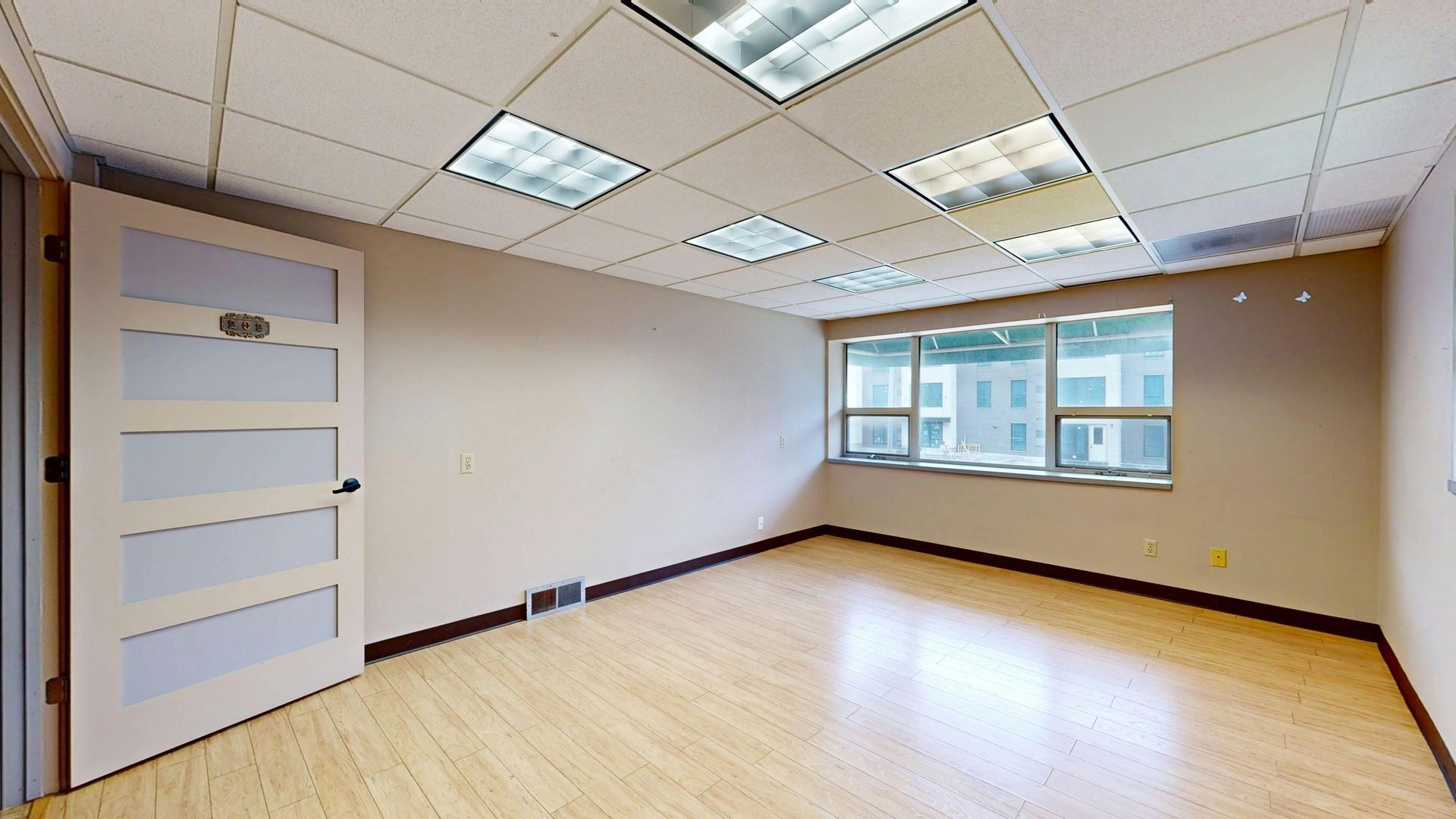Understanding Construction Permits - A Simple Guide
Understanding Construction Permits: A Simple Guide
Embarking on a construction project, whether it's a home renovation, an addition, or a new commercial build, can be an exciting endeavor. However, navigating the world of building permits can often feel overwhelming and confusing. What permits do you need? How do you obtain them? What are the consequences of not getting the right permits?
At Five Mile Construction, we understand that the permit process can seem daunting. That's why we've created this simple guide to demystify construction permits and explain how we handle this crucial aspect of the project for our clients. Our goal is to make the process as smooth and stress-free as possible, allowing you to focus on your vision while we take care of the complexities.
What are Construction Permits?
Construction permits are official approvals issued by your local government (city, county, or municipality) that authorize you to proceed with a construction project. They are essential for ensuring that construction work meets safety standards, building codes, and zoning regulations. Permits are designed to protect homeowners, business owners, and the community by ensuring that buildings are constructed safely and in compliance with local laws.
Why are Permits Necessary?
- Safety: Permits ensure that construction work is performed safely and according to established building codes, reducing the risk of accidents, injuries, and structural problems.
- Compliance: Permits verify that your project complies with local zoning regulations, which govern land use, building height, setbacks, and other requirements.
- Quality Control: The permit process often involves inspections at various stages of construction, providing a level of quality control and ensuring that the work meets code requirements.
- Legal Protection: Obtaining the necessary permits protects you from potential fines, legal issues, and difficulties when selling your property in the future.
- Insurance: Insurance companies may deny claims for damages resulting from unpermitted work.
Types of Construction Permits:
The specific types of permits required for your project will depend on the scope of work and your location. Common types of construction permits include:
- Building Permits: Required for most construction projects, including new construction, additions, major renovations, and structural changes.
- Electrical Permits: Required for electrical work, such as installing new wiring, outlets, or lighting fixtures.
- Plumbing Permits: Required for plumbing work, such as installing or replacing pipes, fixtures, or water heaters.
- Mechanical Permits: Required for work on heating, ventilation, and air conditioning (HVAC) systems.
- Demolition Permits: Required for demolishing existing structures.
The Permit Process: A Step-by-Step Overview
While the specific permit process may vary slightly depending on your location, the general steps are as follows:
- Determine Required Permits: The first step is to determine which permits are required for your project. This typically involves consulting with your local building department or a qualified contractor like Five Mile Construction.
- Prepare Application and Plans: You'll need to complete a permit application and submit detailed plans, drawings, and specifications for your project. These plans must comply with local building codes and zoning regulations.
- Submit Application and Pay Fees: Submit your completed application, plans, and required fees to the building department.
- Plan Review: The building department will review your application and plans to ensure they meet all applicable codes and regulations. This process can take several days or weeks, depending on the complexity of your project and the department's workload.
- Permit Issuance: Once your application is approved, the building department will issue the necessary permits.
- Inspections: Throughout the construction process, inspections will be conducted by the building department to ensure that the work is being performed according to the approved plans and building codes.
- Final Approval: After the final inspection is completed and approved, you'll receive a certificate of occupancy (for new construction) or final approval for your project.
Consequences of Not Obtaining Permits
Building without the necessary permits can have serious consequences, including:
- Stop-Work Orders: The building department can issue a stop-work order, halting your project until the proper permits are obtained.
- Fines and Penalties: You may face hefty fines and penalties for unpermitted work.
- Demolition Orders: In some cases, you may be required to demolish unpermitted structures or modifications.
- Legal Issues: Unpermitted work can create legal liabilities and complications when selling your property.
- Insurance Problems: Insurance companies may deny claims related to unpermitted work.
How Five Mile Construction Simplifies the Permit Process
At Five Mile Construction, we understand that navigating the permit process can be challenging. That's why we handle the entire process for our clients, providing peace of mind and ensuring that your project is fully compliant with all applicable regulations. Here's how we make it easy:
- Expert Guidance: We'll determine the specific permits required for your project based on its scope and your location.
- Plan Preparation: Our experienced team will prepare all necessary plans, drawings, and documentation to meet code requirements and ensure a smooth approval process.
- Application Submission: We'll handle the entire application process, submitting all required paperwork and fees to the building department on your behalf.
- Communication with Officials: We'll communicate directly with the building department throughout the plan review and inspection process, addressing any questions or concerns that may arise.
- Scheduling Inspections: We'll schedule all required inspections and ensure that your project stays on track.
Five Mile Construction: Your Partner in a Stress-Free Build
Building permits are a crucial aspect of any construction project. By partnering with Five Mile Construction, you can rest assured that your project will be handled professionally and in full compliance with all applicable regulations. We'll take the burden of the permit process off your shoulders, allowing you to focus on your vision while we bring it to life.
Contact us today to discuss your project and learn more about how we can simplify the construction process for you. Let's build something great together, with the peace of mind that comes from knowing everything is done right!



